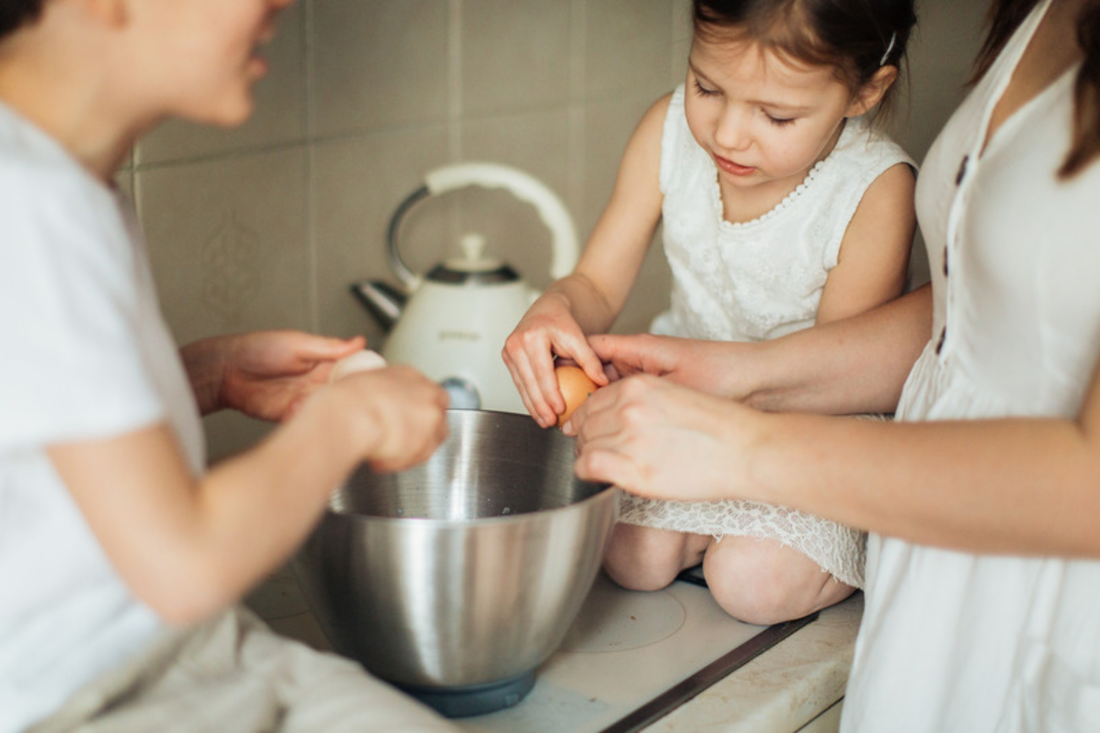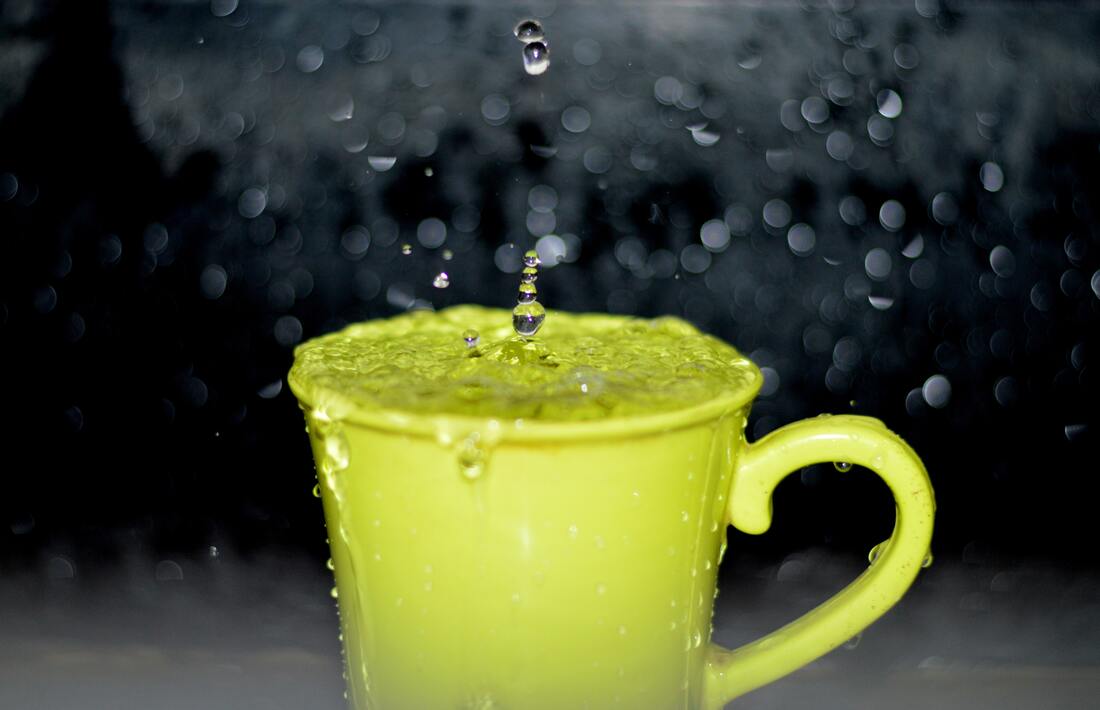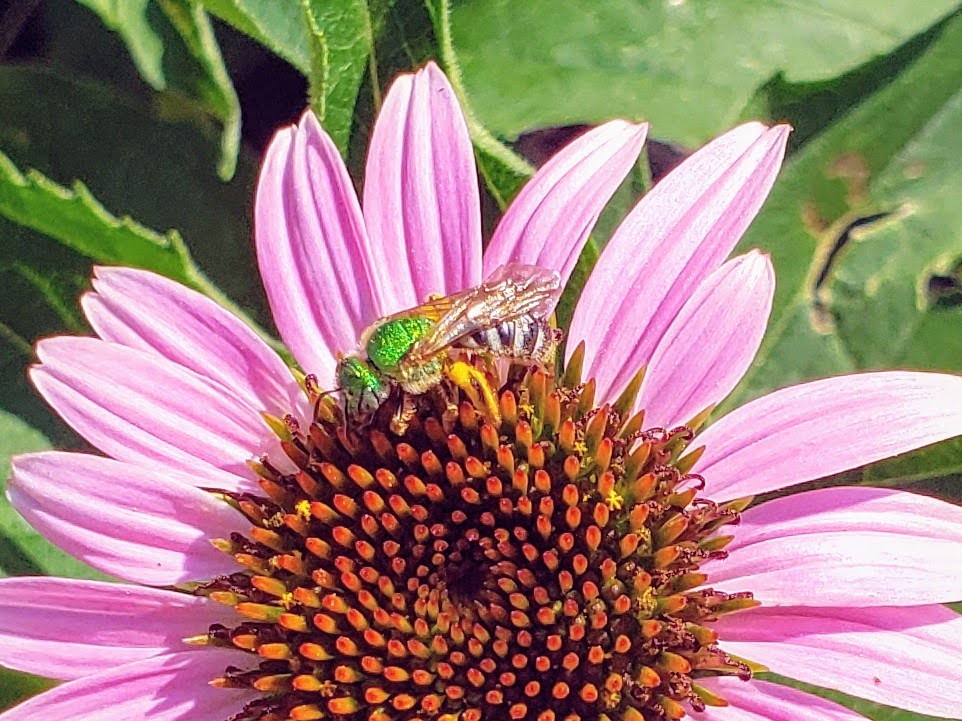|
As a therapist who works with "people-pleasers," it can sometimes feel like I give helping a bad rap. I facilitate an experience where people can refocus on their own feelings and needs, rather than only those of others. As folks progress through therapy, they often end up setting boundaries around their helping. So, it can sometimes feel like I help people help less. At times I need a reminder that helping can be good! Helping, altruism, taking care of each other - it's what makes the world go round. It's what has contributed to our flourishing as a species. It's what allows for relationships, for a sense of family, community, culture, belonging. Being especially skilled at taking care of others is a superpower. Our helpers need to be celebrated, taken care of, paid well. In a Western society that is so focused on individual achievements, we would probably do well refocusing on values of altruism and service. I'm currently reading an interesting parenting book on how to instill the value of helpfulness in children. The author spends time with a number of indigenous cultures around the world and learns from them. To oversimplify: Western parents are too focused on hypereducating and optimally stimulating their children. Other parents around the world hone children's natural helpfulness by teaching them to do developmentally appropriate chores alongside the parent. It's a win-win: a sense of mastery and belonging for the children, and less work for parents! As I've been reading, however, I can't help but think of the stories I hold of children who have been overburdened with helping their parents. Parents who need more than just help with chores. Parents who are unwell physically or emotionally, and have not accessed appropriate adult help. And so, they turn to their children, particularly their most naturally helpful, empathic, gifted children. And these little superheroes become so overburdened that they continue to overburden themselves, and grow up to have underlying anxiety, depression, and profoundly unmet needs of their own. It's a tragic story, and the birth-place of people-pleasing. Clearly, there is some middle ground here - for adults and children alike. For helping that is healthy, age-appropriate, and balanced. Helping that lights up the helper too, not just taps them out. So: how do I know if my helping is healthy or people-please-y? While this work to find balance will look different for everyone, I'd like to provide some guiding questions. Am I strongly motivated by guilt, shame, or fear? While feelings can provide us with critical information about what we need, they can sometimes do just the opposite. People-pleasers who have historically been overburdened by helping tend to have an excess of guilt, shame, or fear that isn't really giving us good information. If any of these feelings are the strongest motivators for helping in a given situation, it might be a sign that you are being pulled into your old patterns. Am I taking too much responsibility for other's pain? Relatedly, I might be pulled to help because I am scared or concerned that without me, the other can't help themselves. Often, the antedote to over-giving, fixing, rescuing, is remembering that the other person has their own power and agency; the dignity of their own strengths and choices. Ask yourself - what are this person's strengths? What are the ways that they are surviving well enough without me? Cultivate trust in others' self-care capacities. You cannot be fully responsible for that which you do not control. Repeat after me: I am not responsible for others' pain. Am I Over-Extending Myself? Am I giving way more than I have to give? If so, I may be replaying out my past of being a child burdened with adult responsibilities that were just too much. Healthy giving looks like giving from our bounty, not scarcity. Some of us have learned from a very young age, whether from gender norms, family, culture, or religion, to value self-sacrifice. To give of our meager scraps. When we do this, we quickly become resentful, we burn out, we cannot sustain our generosity. To be a healthy helper, pour into your own cup until it overflows, and then share of the overflow. Then you will really be giving with an open heart. Is there some sense of balance or mutuality? While the notion of tit-for-tat giving can feel soul-less, it might have some usefulness for countering people-pleasing. Are you giving and giving and giving in a relationship but not getting anything back? Perhaps you are in a helping role at work - giving and giving - and you are not being given the recognition and salary that you deserve. On the flip side, perhaps you are very generous, but you do get back some good stuff; perhaps you feel really good about the work that you do, it boosts your self-esteem, others are grateful. To offer a nature metaphor - let's aim for symbiotic relationships, rather than parasitic ones. It's just about summer in Toronto. The bees are buzzing about, seeking flowering plants for their nectar. While drinking their fill, pollen sticks to their fuzzy legs, and in time reaches new flowers. The pollinators get food, the flowers get to reproduce. WIN-WIN. How do you know when you are people-pleasing or healthily helping?
1 Comment
Devora
6/18/2021 01:10:39 pm
This is so great! And the list of questions is super helpful.
Reply
Leave a Reply. |
Proudly powered by Weebly



 RSS Feed
RSS Feed